AP Government Court Cases- Important Amendments
1/48
There's no tags or description
Looks like no tags are added yet.
Name | Mastery | Learn | Test | Matching | Spaced |
|---|
No study sessions yet.
49 Terms
Engel v Vitale
First Amendment/Establishment Clause - Government-directed prayer in public schools violates the Establishment Clause of the First Amendment, even if the prayer is denominationally neutral and students may remain silent or be excused from the classroom during its recitation.

Lemon v Kurtzman
Parochial schools must be private schools. They cannot be publicly funded via state law.
Lemon Test:
1. The statute must have a secular legislative purpose. (Also known as the Purpose Prong)
2. The principal or primary effect of the statute must not advance nor inhibit religion. (Also known as the Effect Prong)
3. The statute must not result in an "excessive government entanglement" with religion. (Also known as the Entanglement Prong)
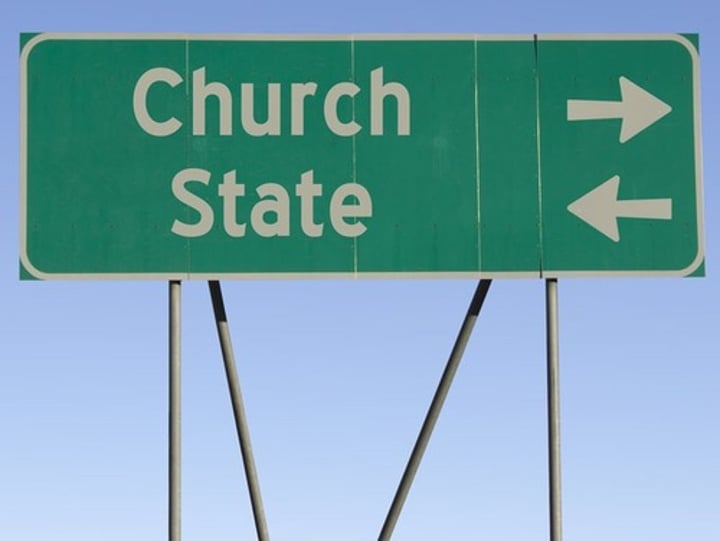
Reynolds v U.S.
First Amendment/Free Exercise Clause - the statute can punish criminal activity without regard to religious belief. The First Amendment protected religious belief, but it did not protect religious practices that were judged to be criminal such as bigamy. Those who practice polygamy could no more be exempt from the law than those who may wish to practice human sacrifice as part of their religious belief.
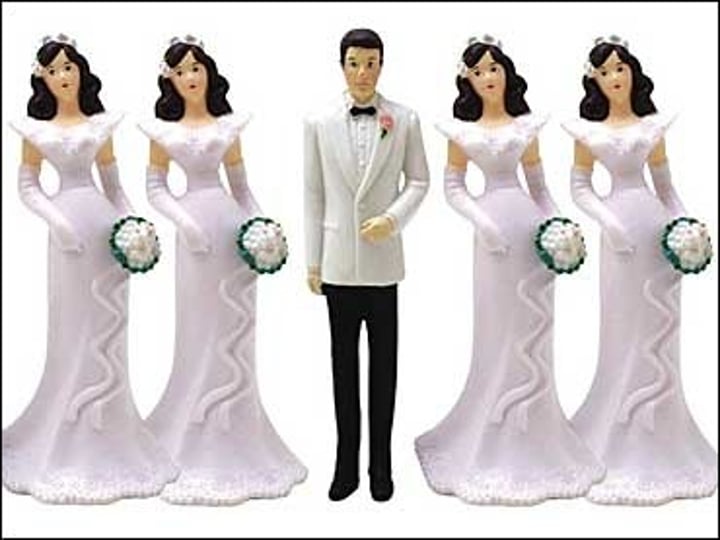
Baker v. Carr
1962 in Tennessee, federal government has the ability to intervene in a state's redistricting to ensure fairness because redistricting is not just a political question
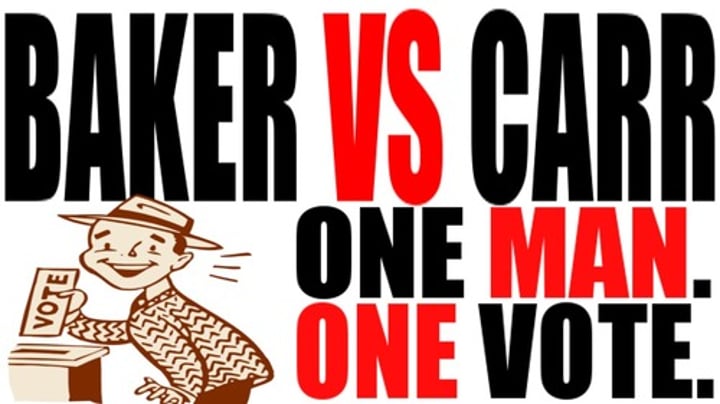
NY Times v. U.S.
First Amendment/Freedom of the Press - New York Times and Washington Post could print the Pentagon Papers without risk of government censorship or punishment
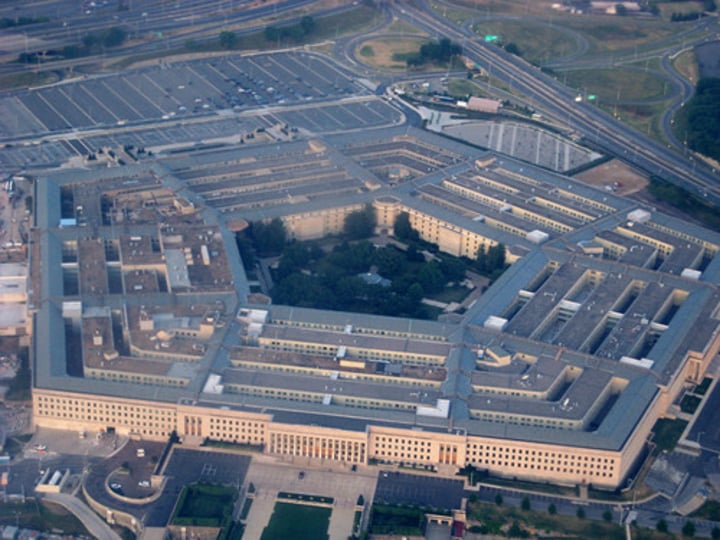
Schenck v. U.S.
First Amendment/Freedom of Speech/non-protected - The circulars urged "Do not submit to intimidation" but advised only peaceful action such as petitioning to repeal the Conscription Act. Schenck was charged with conspiracy to violate the Espionage Act by attempting to cause insubordination in the military and to obstruct recruitment. During wartime, utterances tolerable in peacetime can be punished. Clear and present danger test.
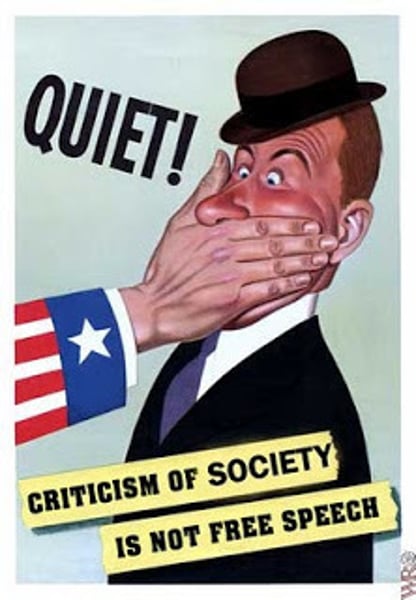
Tinker v. Des Moines
First Amendment/Freedom of Speech/symbolic speech - students' wearing of armbands in support of Vietnam truce did not interrupt school activities, pure speech

U.S. v. Lopez
Second Amendment - gun laws about schools not related to interstate commerce and not under federal authority
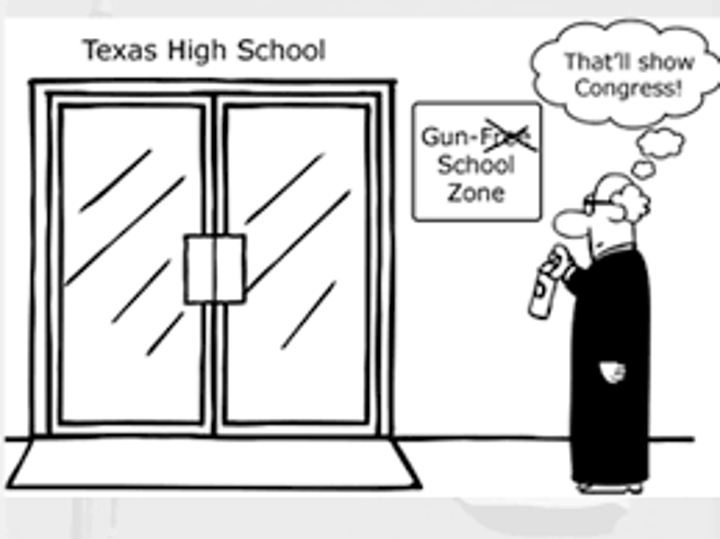
Mapp v. Ohio
Fourth Amendment/Exclusionary Rule - evidence taken in unreasonable searches and seizures may not be used in court.

Miranda v. Arizona
Fifth and Sixth Amendment - unless the accused is notified of the reason for their arrest, the ability to consult with an attorney, the ability to not self-incriminate their testimony is not permissible in court.
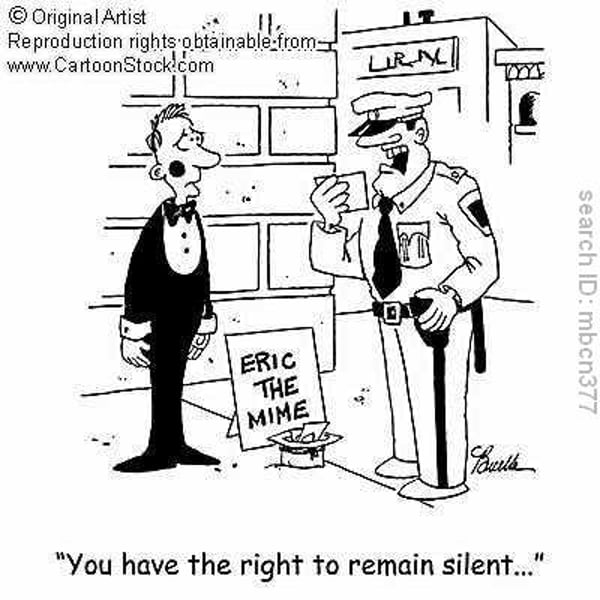
Griswold v. Connecticut
Ninth Amendment - state ban on use of contraceptives violates the right of marital privacy

Roe v. Wade
Ninth & Fourteenth Amendments/privacy
Abortion is a private matter
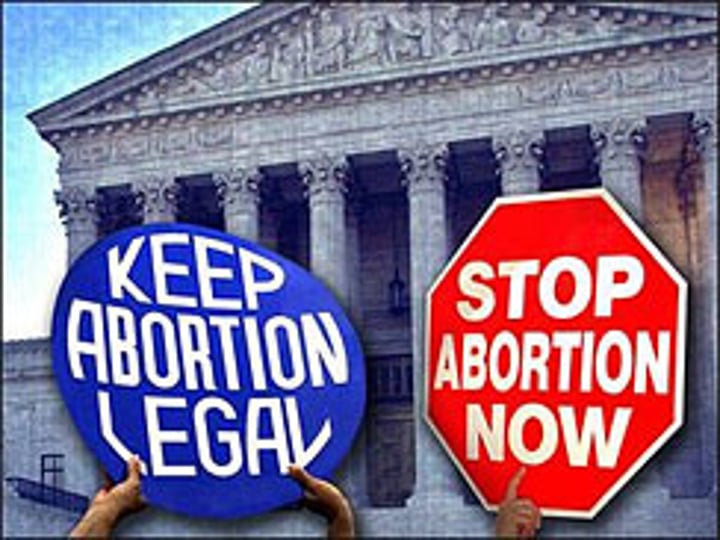
Plessy v. Ferguson
Fourteenth Amendment/Separate is Equal - ruled that railway cars provided were essentially equal so no violation of equal protection.
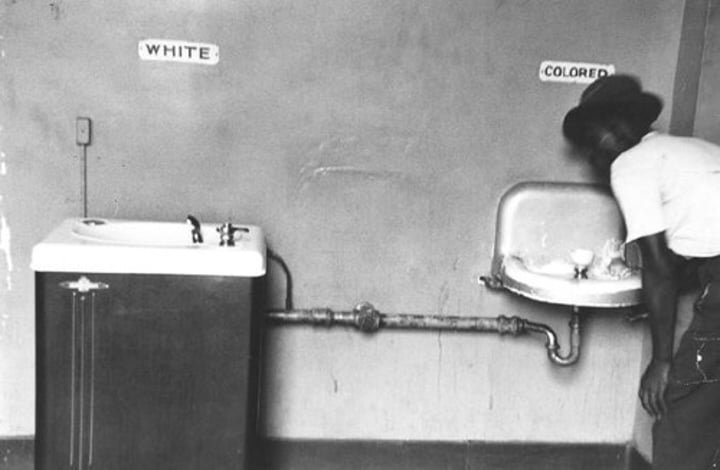
Brown v. Board of Education
Fourteenth Amendment/Separate not Equal - Integration of Schools - racial segregation violates the equal protection clause
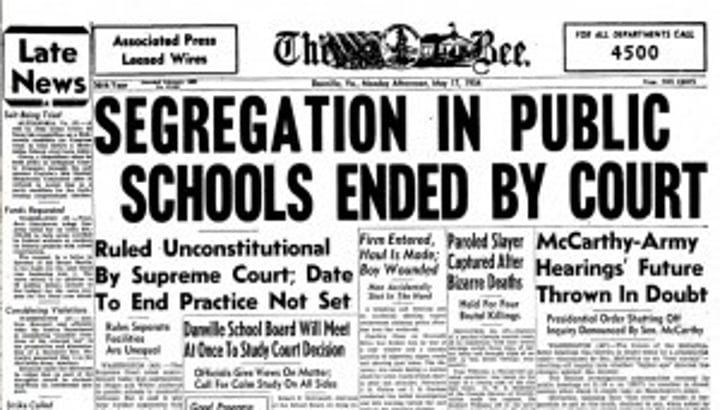
Regents of California v. Bakke
Fourteenth Amendment/Upheld Affirmative Action - race may be one of several factors in college admission policies.
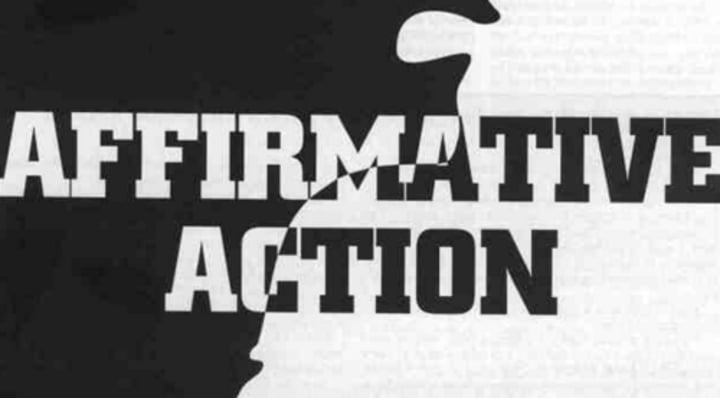
Marbury v. Madison
Establishes the Supreme Court as having the power of Judicial Review/interpret the Constitution
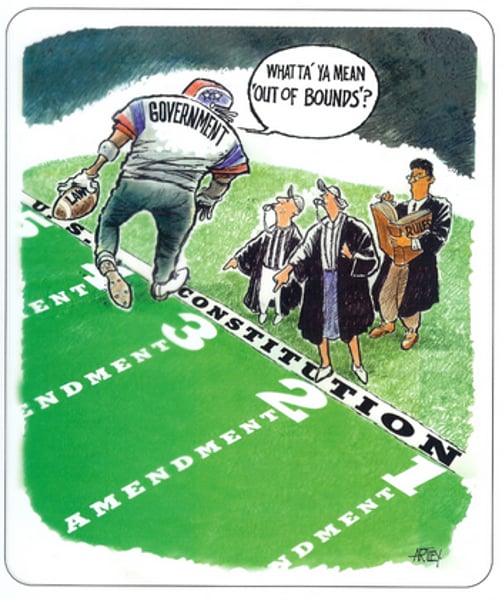
McCulloch v. Maryland
Implied powers under the Necessary and Proper Clause - Creation of the bank was implied based upon the enumerated power of Congress to tax. State of Maryland could not tax federal bank due to Supremacy Clause
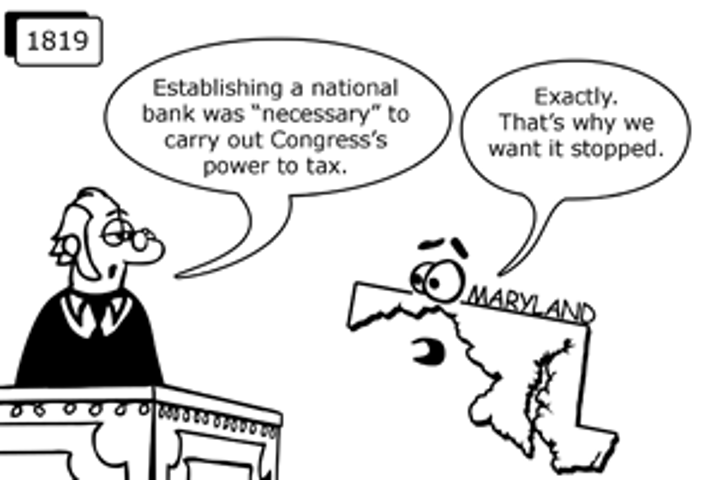
Gibbons v. Ogden
Supreme Court of the United States held that the power to regulate interstate commerce, granted to Congress by the Commerce Clause of the United States Constitution, encompassed the power to regulate navigation
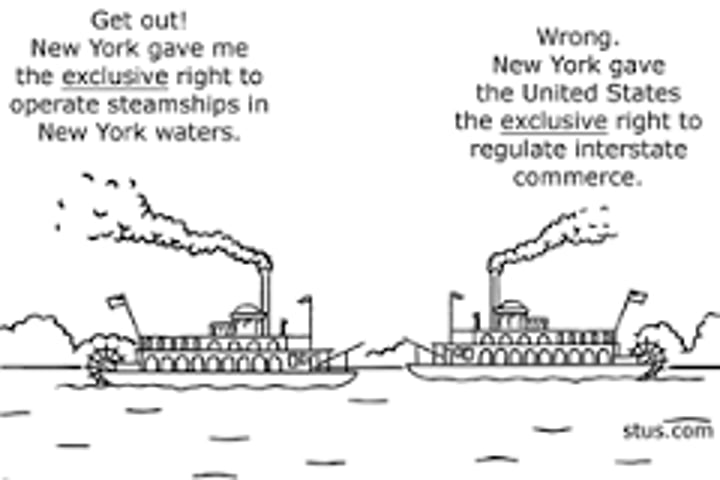
Shaw v. Reno
1993 case in NC with majority-minority districts, court ruled it was an example of racial gerrymandering and thus these districts were unconstitutional. The case was a problem of reverse discrimination. (Redistricting cannot be based on race!)
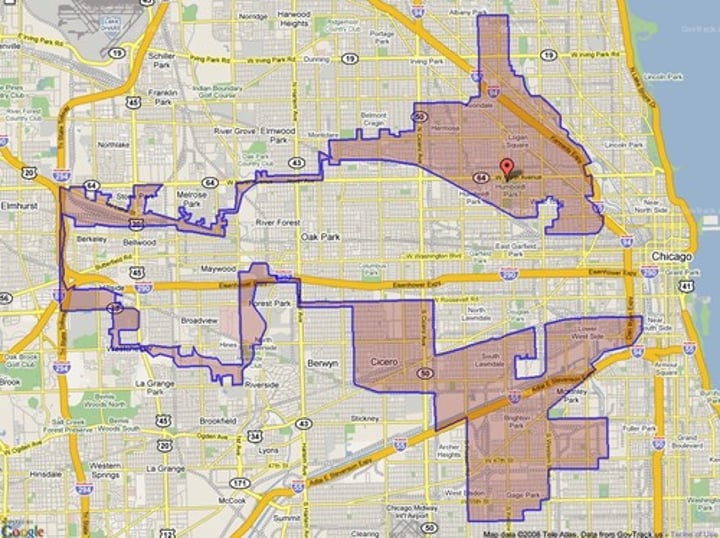
Texas v. Johnson
A 1989 case in which the Supreme Court struck down a law banning the burning of the American flag on the grounds that such action was symbolic speech protected by the First Amendment.
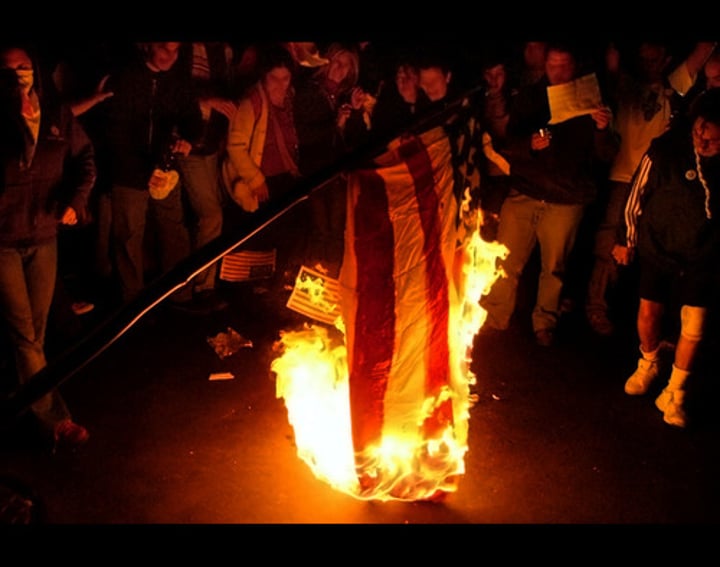
Gideon v. Wainwright
A landmark case in United States Supreme Court history. In the case, the Supreme Court unanimously ruled that state courts are required under the Sixth Amendment of the Constitution to provide counsel in criminal cases for defendants unable to afford their own attorneys.

Obergefell v. Hodges
Upholds same sex marriage via 14th amendment equal protection clause
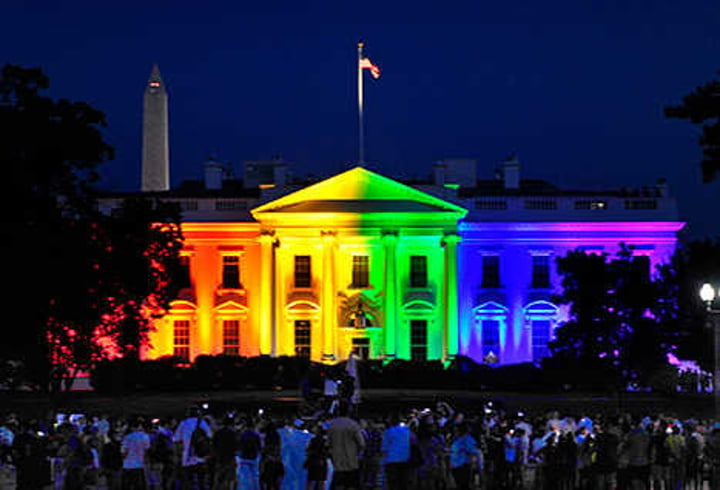
Wisconsin v. Yoder
Compelling Amish students to attend school past the 8th grade violates the free exercise clause of Amendment I

McDonald v. Chicago
Held that the 14th Amendment allows for the 2nd Amendment to be applied to the states and citizens have the right to bear arms.
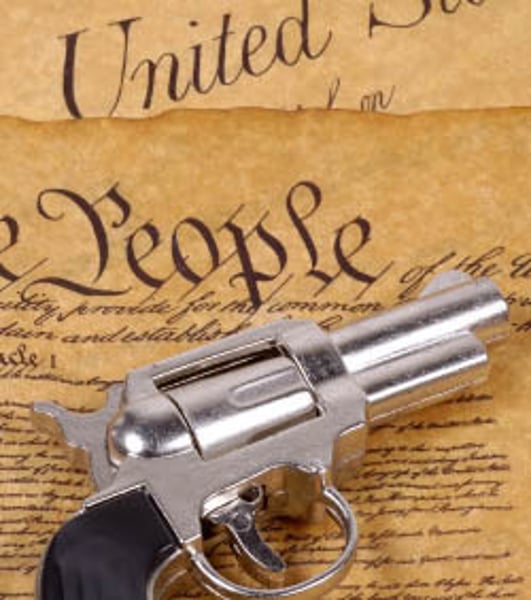
Citizens United v. FEC
Political spending by corporations and unions is a form of Constitutionally-protected free speech
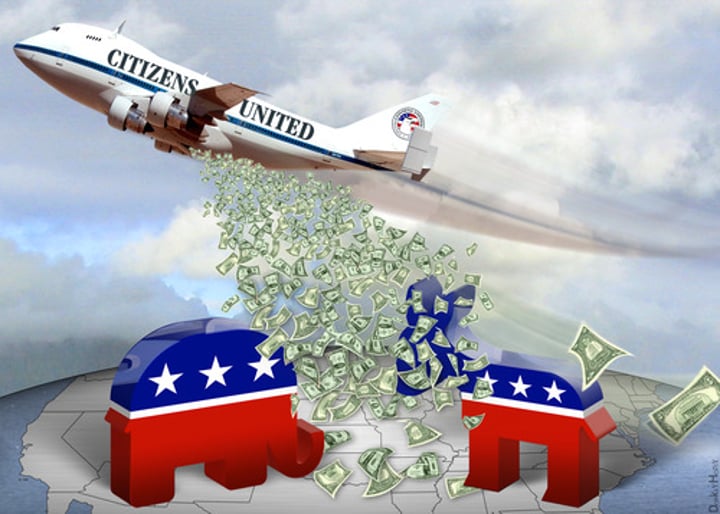
Federalist No. 10
Madison. Factions are the greatest threat to America, increasing the size of the country is the best way to control them.
Federalist No. 51
Madison. The necessity of good government is preserved in the concept of separation of powers
Federalist No. 70
Hamilton. The executive of the US needs to be a single president.
Federalist No. 78
Hamilton. Judges should have the power of "judicial review" as well as the position being permanent during good behavior.
Brutus No. 1
The necessary and proper clause allows the government too much power. Also, the size of the country will cause the rise of factions.
Letter from a Birmingham Jail
MLK believed people had a responsibility to follow just laws and a duty to break unjust ones.
1st Amendment
Freedoms of speech, press, religion, assembly, and right to petition the government.
4th Amendment
Freedom from unreasonable searches and seizures.
5th Amendment
Due process rights (right to fair justice, and freedoms from self incrimination). Also, one cannot be tried twice for the same crime. This is a freedom from "double-jeopardy."
6th Amendment
Right to a fair trial and attorney.
10th Amendment
Division of powers between the states and federal government (called federalism).
13th Amendment
Abolition of Slavery.
14th Amendment
Equality and Due Process Clause.
15th Amendment
granted African American men the right to vote
16th Amendment
gave Congress the power to tax income.
17th Amendment
Direct election of senators
19th Amendment
Women’s Suffarge (the right to vote.)
25th Amendment
vice president becomes president
22nd Amendment
2 terms for president
26th Amendment
Lowered voting age to 18
14th Amendment Citizenship Clause
granted citizenship to All persons born or naturalized in the United States
14th Amendment Due Process Clause
declared that states may not deny any person "life, liberty or property, without due process of law."
The Equal Protection Clause
said that a state may not deny to any person within its jurisdiction the equal protection of the laws